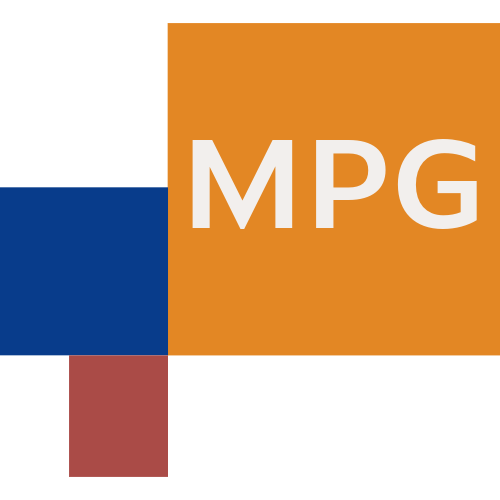menu
menu
Menu
cancel
- arrow_back_iosBacknavigate_nextpersonPersonal
- groupCommunities
- articleBlogs
- eventEvents
- sourceTemplates
- question_answerQuestions
- schoolLearning
- business_centerBusiness
- live_helpFAQ
What measures are financial institutions implementing to enhance cybersecurity and protect sensitive customer data from potential breaches?
How are financial service providers adapting their product offerings and customer interactions to meet the growing demand for sustainable and ethical banking options?
**How can blockchain technology enhance transparency and reduce corruption in governmental processes and public sector operations?
2. **What are the potential risks and challenges involved in implementing blockchain solutions in governmental systems, particularly concerning data privacy and regulatory compliance?
3. **In what ways can blockchain improve the efficiency of public services, such as voting systems and public records management, and what examples exist of successful implementation?
How can blockchain technology be leveraged to improve transparency and accountability in governmental operations, thereby reducing corruption and enhancing public trust?
What role do digital platforms and e-governance tools play in facilitating citizen engagement and participation in the decision-making processes of modern democracies?
In what ways can data-driven policymaking, supported by artificial intelligence and machine learning, revolutionize the effectiveness and efficiency of public services delivery?
se questions explore the intersection of technology and governance and the potential for innovation to transform how governments operate and interact with citizens.?
**What are the key components of an effective accountability structure in an organization, and how can these components enhance transparency and responsibility among employees?
